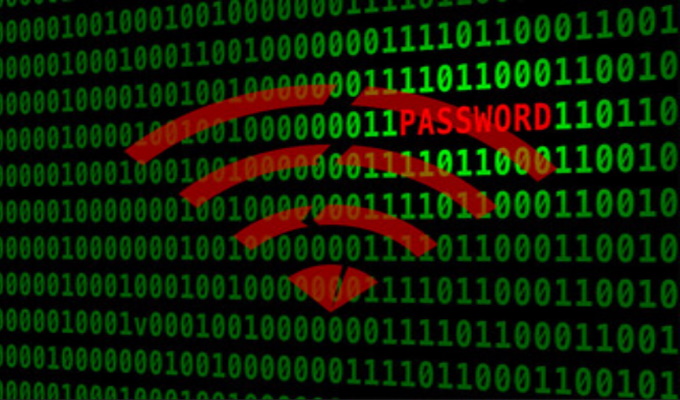In recent years, both viruses and the purposes for which they are created have changed. If before, they were more like childish tricks, now the number of those who want to earn money with their help is steadily growing.
About 15 years ago, Internet users were worried about their files, they were afraid of computer breakdowns caused by virus attacks, and today, the nature of viruses has changed a lot. And the culprit of these changes is the Internet, its rapid development. Nowadays, almost every family has a computer, and in large metropolitan areas, each family member often has a personal computer. Since 2006, smartphones have become very popular, and the elaboration of Apple gadgets has pushed people to get more functional and modern devices instead of their old mobile phones. This massive use of technological novelties has created an ideal environment for the spread of computer viruses, which have become a severe problem for Mac users.
Nevertheless, not just computer and smartphone users have contributed to the proliferation of viruses on the web. These days, various enterprises are increasingly introducing local networks and other computer innovations – the tidbits for malware.
Modern Viruses: What Are They?
Modern viruses represent a means of making money and a tool of espionage. The latest harmful programs steal confidential data and critical information and help extortion and blackmail flourish. Spam and spyware are often regarded as computer viruses as well. And even though in their essence, they are not viruses, they are no less dangerous than “classic” worms and Trojan horses.
How much money does humanity spend on fighting computer viruses and the consequences of their activity? No one can say for sure. By the way, even the simplest malware can disable the system for a whole day, and it is equal to a waste of time and finances.
The evolution of malicious software and their ubiquitousness has led to the rapid growth of various antivirus programs. Methods for identifying viruses are continually being enhanced, antivirus databases are being updated, but new viruses are appearing, which brings us the full circle.
Top 3 Recent Viruses to Watch Out For
Let’s find out which recent viruses have proven to be the most harmful threat to PC and Internet users of today:
Chill Tab
One of the most annoying browser hijacking viruses raging today is the Chill Tab virus, which has become a real pain for Mac users. Similar to other malicious programs, this virus changes your browser settings, and when you open the home page, you see the following address: search.chill-tab.com. Owners of devices running on macOS are faced with the inability to properly use the search in the browser because the search engine results consist of a huge number of advertising links and links to obscure and inappropriate websites.
Agent Tesla
Agent Tesla represents “a better version” of the Remote Access Trojan known to information security experts since 2014. This dangerous virus can track and collect data entered using the victim’s keyboard, take screenshots, and extract credentials related to various programs installed on the user’s computer. This malicious software can disable antivirus processes that try to analyze it and prevent it from working. In the April of this year, Agent Tesla was frequently seen in several nocuous campaigns related to COVID-19. Such spam mailings try to interest the victim in supposedly essential information about the coronavirus pandemic so that they download harmful files.
Read More: The World’s Most Dangerous Computer Viruses
FormBook

Another malware from the Trojan family, known as FormBook, is distributed under the Malware-as-a-Service scheme. It implies that anyone can order a copy of the program by pre-subscribing for a week, month, or three months or purchasing the Pro version. This spyware is distributed through various document formats and archives with malicious links, macros, and executable files. Hackers often disguise dangerous PDF files as messages from popular DHL and FedEx delivery services. FormBook penetrates various processes to steal clipboard contents and collect information about your HTTP sessions. It can also shut down and restart your computer and steal cookies and passwords. In conclusion, it is crucial to note that no antivirus application, even the best one, can protect you from computer viruses if you do not take care of your machine. You need to be extremely cautious and do not look for troubles, downloading files from questionable sites, or following a suspicious link sent by another “friend.”



